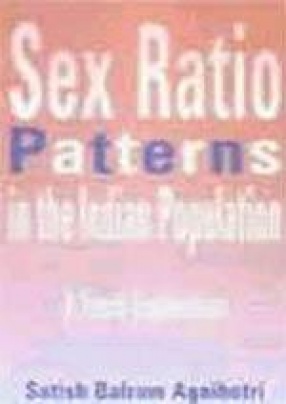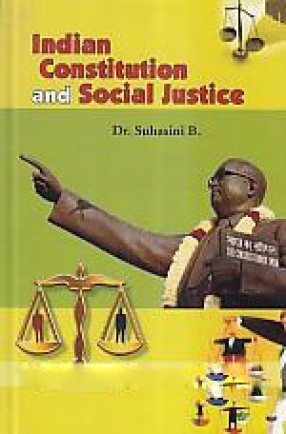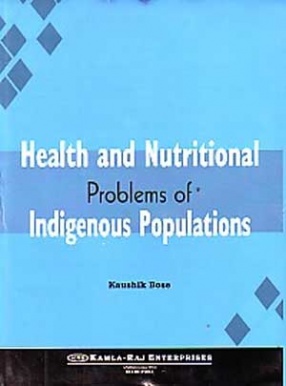The proportion of women to men in the Indian population is 927 to 1,000, strikingly below the world average of 990 to 1,000 What is of even greater concern is the fact that this female to male ratio (FMR) is declining steadily. In this unique book, Dr. Agnihotri provides an entirely fresh perspective on the perplexing puzzle of the low proportion of women in the Indian population. The female to male ratio (FMR) and its declining trend are not uniform across the country argues the author, but vary by region, social status, age group and levels of prosperity. Departing from conventional analyses in recognising these diversities, he traces the roots of the unusually high and increasing female deficit to excess female mortality below the age of 5 years. This he does by disaggregating sex ratio data for children into the 0-4 and 5-9 age groups and analysing them separately. This data is then used to successfully close the ‘escape hatches’ which are often used to explain away or deny the problem of the low FMR. Dr Agnihotri also analyses the data on the basis of caste, kinship, ethnicity and geophysical regions to create sex ratio maps which provide useful insights into the regional aspects of the problem. The analytical backdrop of the study draws substantially from Amartya Sen’s entitlement framework, cooperative–conflict model and capabilities approach to wellbeing. Tracing out the contours of low and high FMR, the study identifies groups (Scheduled Castes), regions (north-western India), and economic/cultural factors (female work force participation/kinship) that particularly put the girl child at risk, as also maps underdeveloped regions which are characterised by high male infant mortality. Additionally, the author raises disturbing questions about the spreading ethos of female subordination in the wake of prosperity. Drawing on a wealth of different sources, this rich and original analysis of sex ratios in India highlights the need for plurality in the design of policy interventions. It will be essential reading for demographers, policy makers, bureaucrats, and activists/NGOs in the areas of health and population, while being of equal interest to those engaged in gender studies, economics and population studies.
Indian Constitution & Social Justice
$88.20
$98.00





There are no reviews yet.